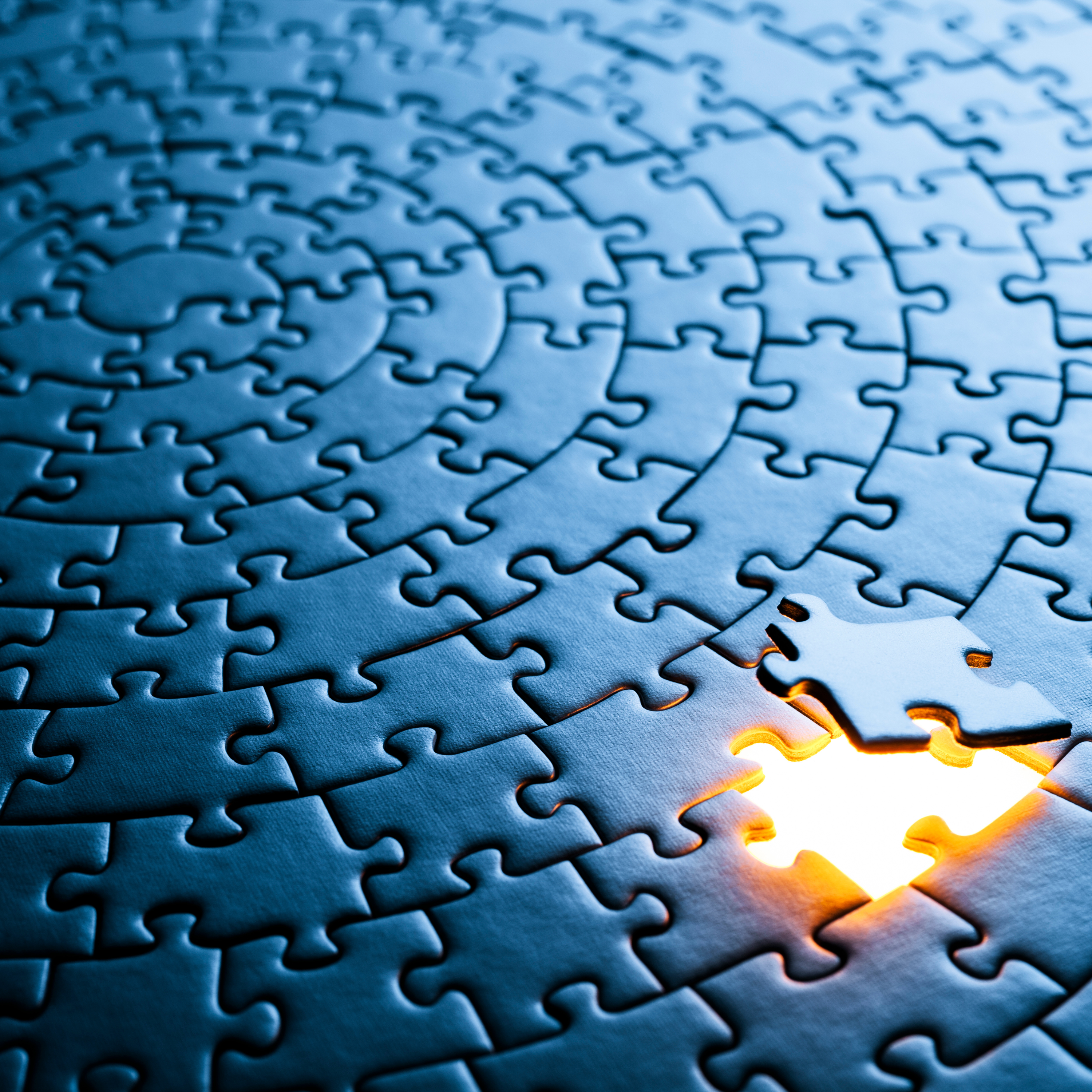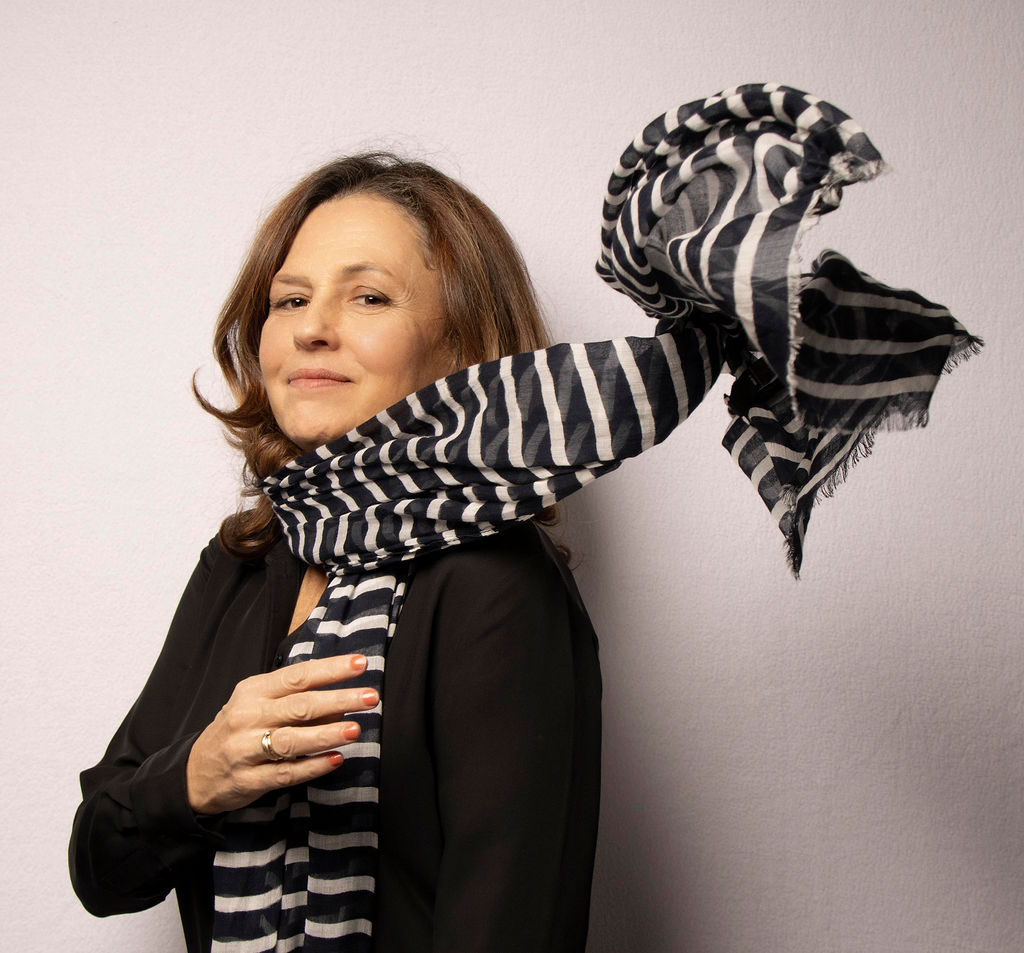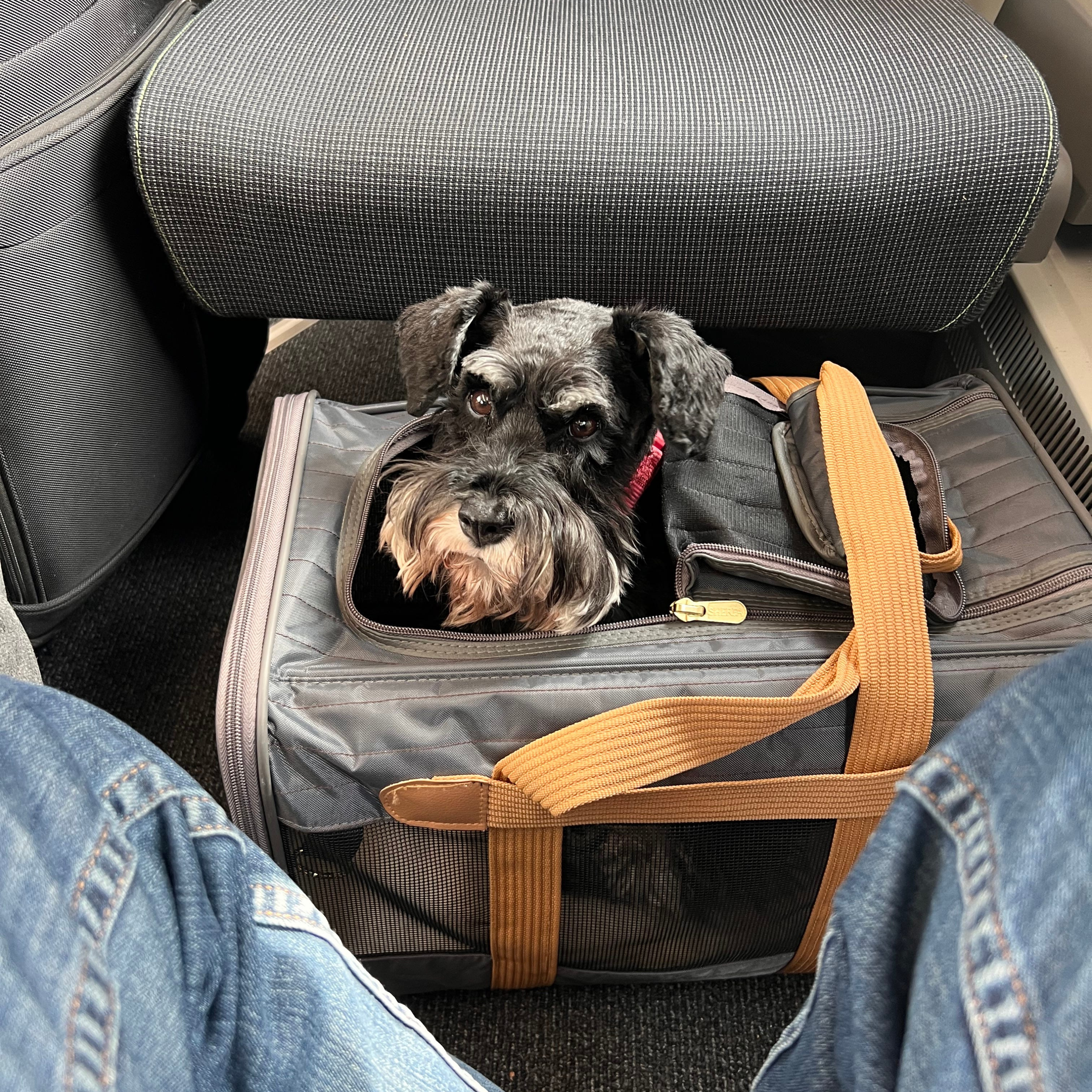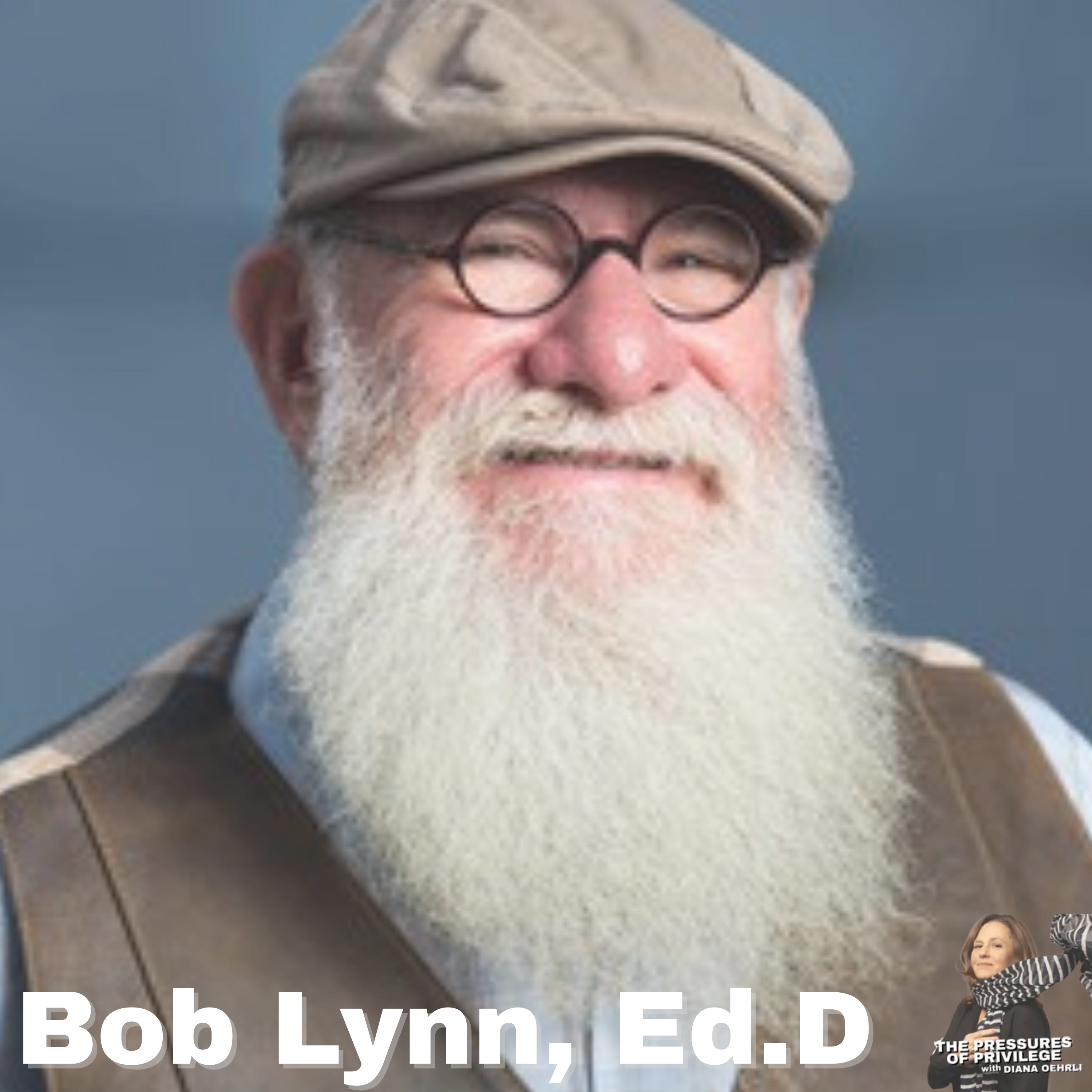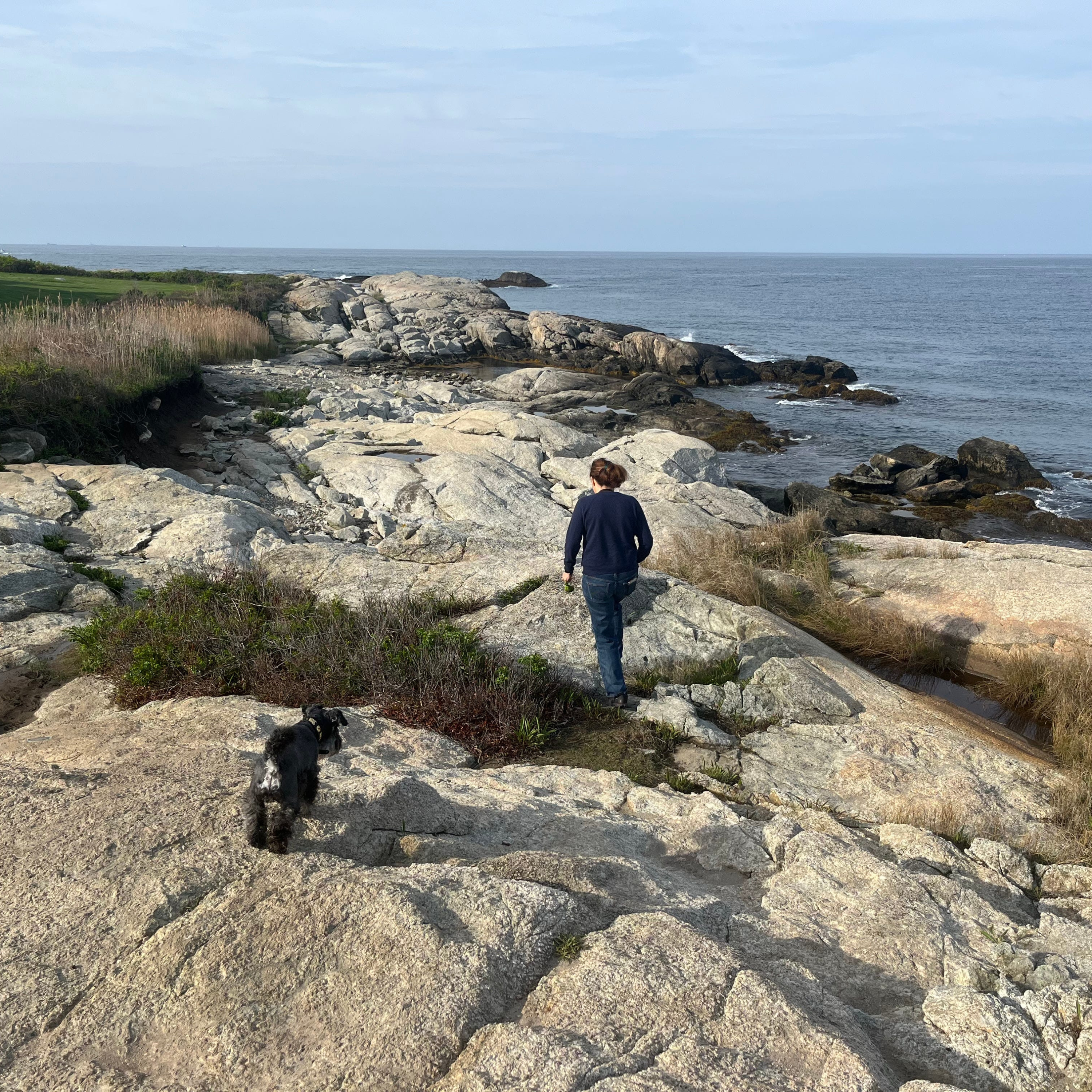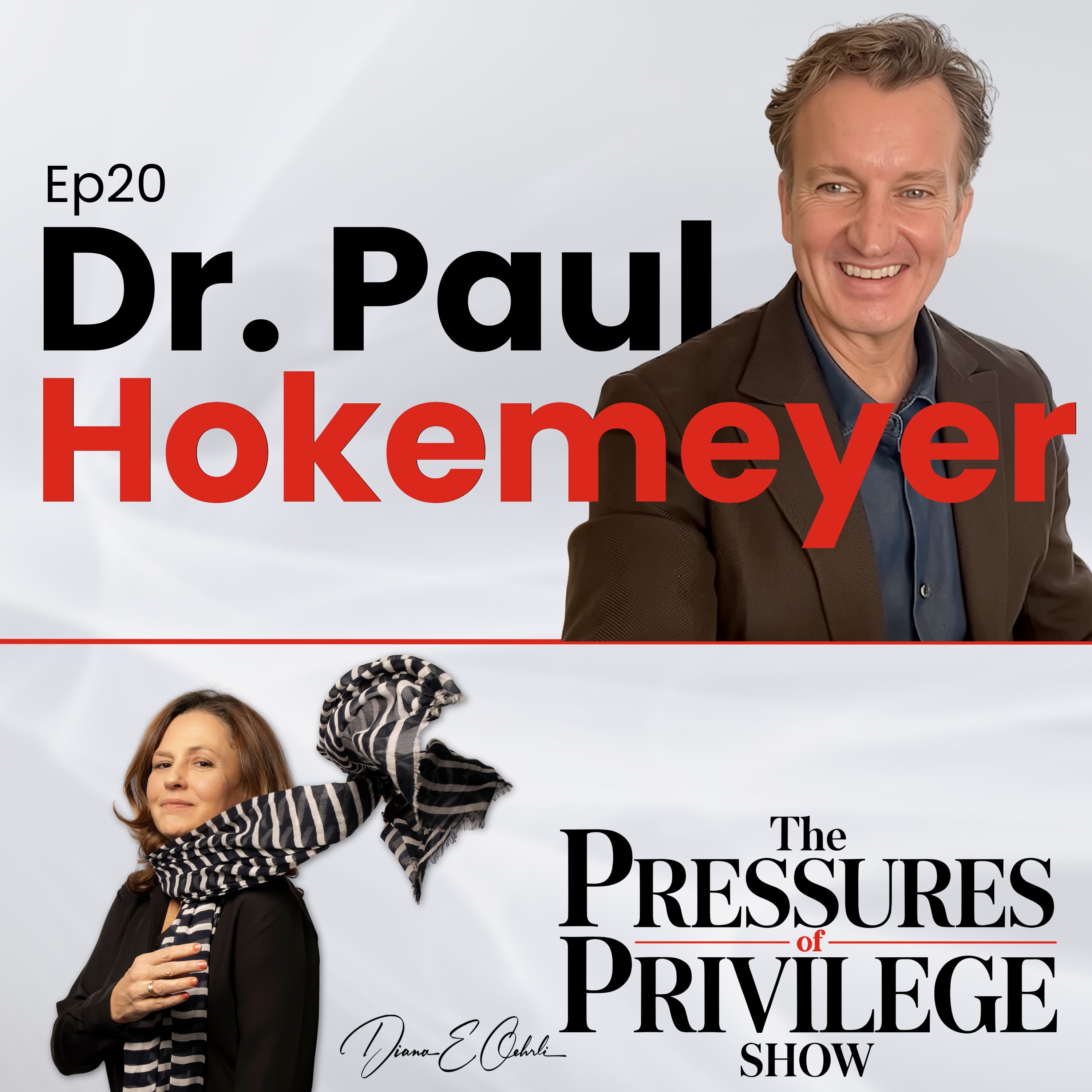Episode Transcript
[00:00:01] The missing piece in every productivity system. As you know, I'm someone who geeks out over productivity systems and uses a digital task manager called Things three from my to do list. Yes, I know I collect productivity systems like some people collect vintage wine. But what drew me to the grid is that it's designed for people who value health. It's analog, and it's grounded in neuroscience. The grid more closely matches how the mind works, writes Magdalena Back Meier, a neuroscientist productivity and well being expert. An author who created the method, she's now designing a coaching program for practitioners and I've signed up my health conscious clients will benefit.
[00:00:40] Speaking of health, I'm enjoying reading Ultra Processed People the Science behind Food that Isn't Food. Thanks Ali, for the recommendation.
[00:00:47] Finally, another person stating the obvious. Foods and substances that give fast delivery into the body are addictive.
[00:00:55] Who knew that Doritos weren't designed for my optimal health? Take away the salt, sugar and oil and you are left with toxic cardboard. This ties into why we need better productivity systems. Real cooking takes time. Planning meals takes time. Shopping for whole foods takes time. And let's be honest, time, like health, is a privilege often reserved for those who aren't satisfied stuck in survival mode.
[00:01:22] If our productivity tools don't actually give us time for what matters most, like nourishing our bodies, then what's the point? We need balance, something I grew up with in the south of France and later in the Swiss Alps before goal Setting here's what I like about Dr. Beckmeyer's approach. Before you start to set any goals, she invites you to reconnect through generosity. She writes, what's really interesting when we examine generosity in this way is how often we pass up opportunities to practice generosity on a daily basis.
[00:01:52] Yet we still expect the world to be generous towards us.
[00:01:57] The Generosity Exercise first, note down three to five people who you know could use your help right now. But here's the key. Don't think about going out of your way necessarily. Instead, think about activities you could do with little time and effort that would make a big difference to this person.
[00:02:16] Create three columns for who, what and how.
[00:02:19] See the image Dr. Buck Myers offers examples. Offer to pick up groceries for a neighbor while doing your shopping. Introduce one person's work to another to open up an opportunity. Invite someone out. Share your newspapers or magazines with someone who appreciates them.
[00:02:37] Alert someone to an opportunity they could benefit from.
[00:02:40] Then comes the part that makes many of us squirm asking for help. Dr. Beckmeyer notes she's amazed how seldom many of my clients practice asking for help.
[00:02:50] Next, write down three to five specific areas where you need help. Think about who could help you and how. Create three columns for what do I need? Who could help How?
[00:03:02] Another image from her book. Here's what stopped me in my tracks when we ask for help from others, we give those we ask for help a gift of acknowledgement. We we help them see their strengths, skills, abilities, and wealth. We give them opportunities to practice generosity.
[00:03:19] What I like about this is that it points to generosity of spirit, something Brene Brown says is part of the anatomy of trust. Generosity has nothing to do with how rich we are.
[00:03:30] Speaking of privilege in class if you're curious about where you actually fall in America's class structure, check out Andrew Berman's fascinating survey on class about apparently nothing more than knowing more than two Brown graduates is a dead giveaway. The assessment also includes hilarious categories like romantics who splurge at farmers markets. If only they knew how to cook.
[00:03:53] So this framework is already reshaping how I think about productivity. It's not about it's not just about managing time better. It's about creating connection first, about recognizing that our goals and systems don't exist in isolation, but in relationship with others.
[00:04:08] Prioritizing our well being and reflection is a choice. Even if you identify as a high earning corporate rank and file professional or startup hustler. Starting with generosity makes so much sense it grounds our productivity in something bigger than just personal optimization.
[00:04:25] Next week, I'll share Dr. Buchmire's powerful reflection exercise for discovering what you actually want to achieve.
